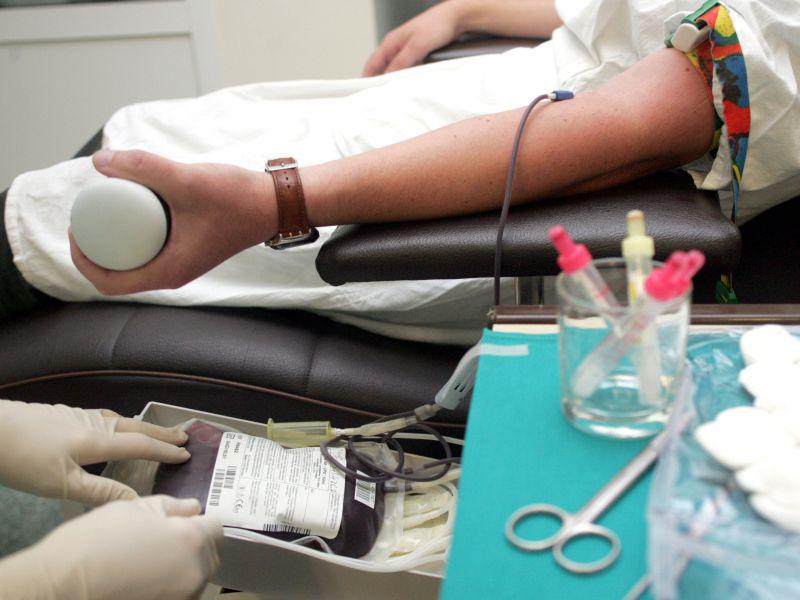
Blood donors go on vacation in the summer months but patients are still in hospitals, says the head of the Izola Blood Transfusion Centre, Irena Kramar. She adds that there has been a surge in the issuing of blood in the past month. "We always issue a lot of blood in the summer months, but at the moment the demand is unusually high. We have a chronic lack of certain blood groups. One of the reasons for this are the recent efforts to cut hospital waiting times, which means more surgeries and an increasing need of blood."
In the past year the number of blood donors in the regions of Slovenian Istria, Postojna, Brkini and Kras, has increased by around 3 percent. There still are concerns about what might happen in the summer, but Boštjan Novak, a blood donation expert with the Slovenian Red Cross, is optimistic. "We have a history of more than 60 years of donating blood in the coastal region, and there’s hardly a family without a blood donor. We’re also registering more and more new young blood donors."
Darja Palčič, a student mentor at the High School of Business and Economics in Koper, says the young have a good sense of solidarity. "Some just say, oh today’s young people… but they’re extremely supportive and we don’t realize and appreciate it enough."
Jelka Lahajnar, a native of Koper who has donated blood 93 times already, says: "Regarding the fact that we’re in the European Union and that in Italy they have extended the age of blood donors to 68 years, I think we could do the same thing here. Our life expectancy age is constantly rising."
The majority of blood donors arrive at the blood donation centres without an invitation. Among them there is also an increasing number of those using smart phone apps to see which blood groups are most in need.
Mateja Brežan, Radio Koper; translated by K. J.


































































